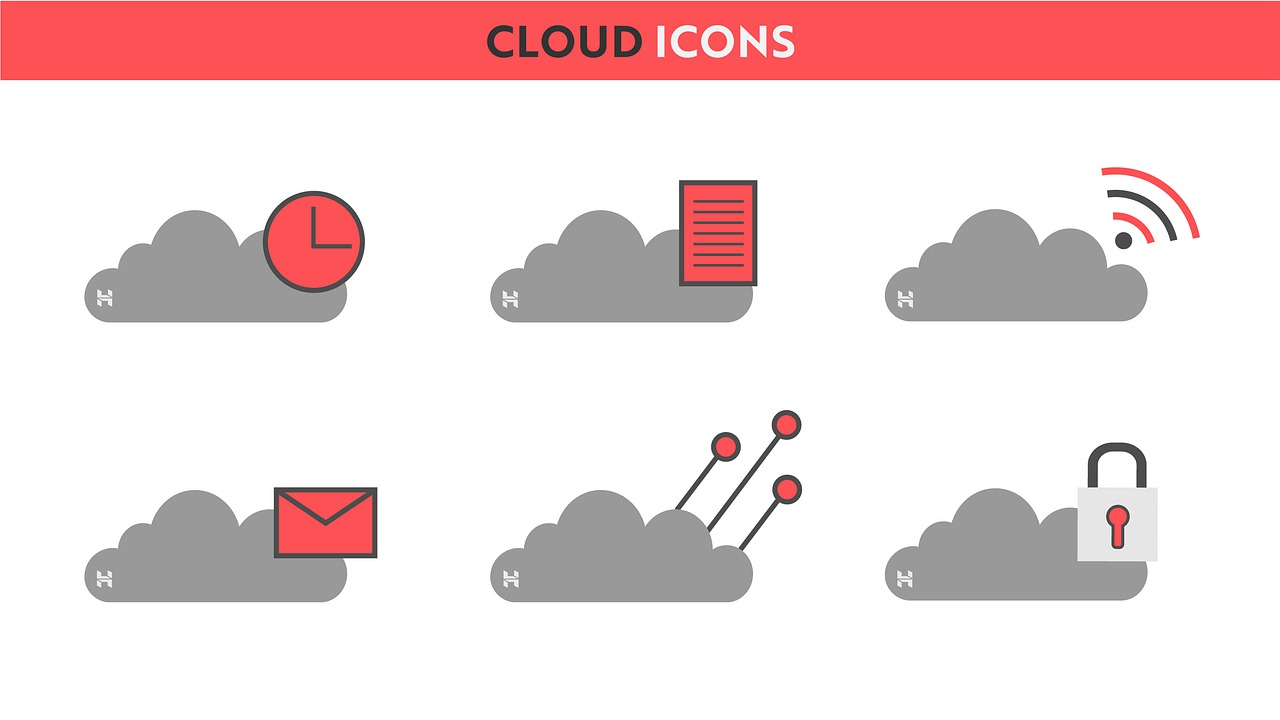
 Colocation for Your Own Private Cloud
Colocation for Your Own Private Cloud Colocation refers to the process of housing multiple servers on a single rack, sometimes referred to as co-location. The main benefit is that you don’t need a separate data center just to run your web applications.
There are several types of colocation providers. Some provide managed hosting options, while others specialize in providing bare metal solutions. Both approaches can be cost-effective depending on your needs.
For example, if you only require basic maintenance and support for your application server, then a managed solution is probably the best option. However, if you require more complex monitoring capabilities or dedicated hardware resources, then you’ll want to choose an unmanaged provider.
The primary advantage of colocating in a public facility over your home network is access to high-performance networking equipment that’s typically not available at most ISPs.
What Is Colocation
When you’re trying to make money online, one thing that you can’t afford to overlook is your website. You need to have a good-looking site with great content, but the most important part of any site is its location. If people don’t know where to look, they won’t be able to find you.
That’s why you should consider using a web hosting service like Amazon Web Services (AWS). AWS provides you with the ability to host all of your websites in the same place. This means that you’ll get an easy-to-use interface and you can manage everything from a single dashboard.
Difference Between Private Cloud and Colocation
Cloud computing is a new technology that allows companies to store their data on remote servers instead of on local computers. This means that your company can access its information from any computer anywhere in the world. While this sounds great, there are many disadvantages associated with using cloud storage. The first thing you need to know is whether you should use private clouds or colocations.
Private Clouds: There are two different kinds of private clouds. One type stores all of a business’s files on an external server. Another kind keeps the data inside the office, but then sends it off to the outside when needed.
A private cloud is ideal for small businesses that don’t have a large amount of data. However, it’s more expensive than other forms of cloud storage.
Colocation: If you want to save money, you might be interested in using a colocation facility. A colocation center is where your company’s equipment and data is housed. It usually has lots of space, so you won’t need to worry about running out of room.
Concept
If you’re interested in learning more about colocation, then you might want to read the article below. This guide will help you understand how colocation works.
A lot of companies have started using the term “private cloud.” However, this isn’t a new concept at all.
In reality, the idea behind the term “colocation” is very similar to that of a private cloud. Colocation refers to the process of storing data in physical servers located inside of a business’ own building.
This means that you’ll be able to store your data on equipment that’s owned by the company instead of renting space from someone else.
The main difference between a private cloud and a colocated server is the fact that the latter is typically managed internally.
However, if you’re looking for a way to learn more about the benefits of colocating your services with another organization, then you should check out this blog post.
Control
As the world becomes more connected through technology, people have become increasingly reliant on computers. This means that it’s becoming ever-more important to ensure that these machines work as efficiently as possible. If you’re interested in learning how to control your computer, then this article is for you.
When you use a computer, the information that you enter into its system will be saved in the form of files. However, sometimes it can happen that you lose access to one of these files. When this happens, you’ll need to retrieve the file from somewhere else. To do this, you’ll need to copy it to another location.
There are many ways that you can do this. For example, you could download the file onto a CD, or you could upload the data to a website. The problem with both of these methods is that they require you to take the time to physically move the file around.
If you want to avoid having to go to all of this trouble, then you should consider using colocation private cloud. This is an online service where you can store your files.
Functionality
When you’re looking for a colocation provider, you need to make sure that your needs are met. Here’s a list of things to consider when choosing the right company.
You should be able to get access to all of the equipment that you need. This includes networking equipment, servers, storage devices, and other items.
If you have any special requirements, such as high-speed connections, then you’ll want to look for companies that offer these services.
It’s also important that you find a provider with an excellent reputation. You can check this by reading online reviews. If people are complaining about the service, you won’t want to use their facility.
Finally, you should ask for references from previous customers.
colocation: A Colocation Provider Is More Than Just a Place To Store Your Equipment.
Is Colo a Private Cloud?
Cloud computing is a new technology that allows companies to use the Internet instead of physical servers. This means that businesses no longer need to purchase their own computers, but rather can rent them from third-party providers.
However, the question remains: What exactly is a cloud? Some experts believe that clouds are virtualized storage systems, while others argue that they are just another type of server. Regardless, the bottom line is that there are many different kinds of clouds available today.
One such kind of cloud is called a private cloud. A private cloud is basically a data center where a company rents space to store its information. Private clouds are usually built by large corporations that want to keep sensitive information away from prying eyes.
In order to create a private cloud, a business will hire a specialized provider that can build and maintain the network infrastructure. The provider will then lease out the space to the client.
Another option is to self-host. If you have the time, money, and technical expertise, you may be able to set up your own private cloud.








